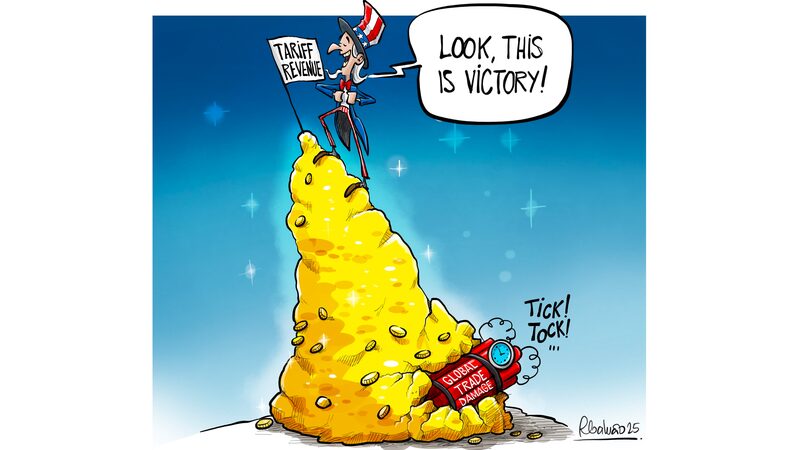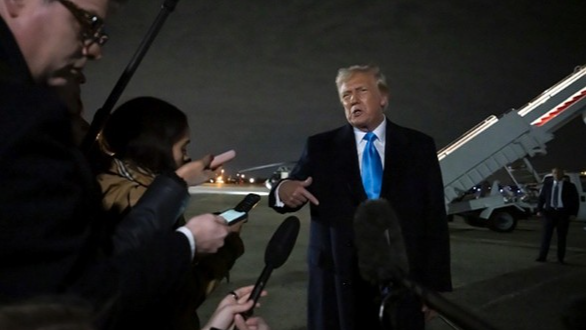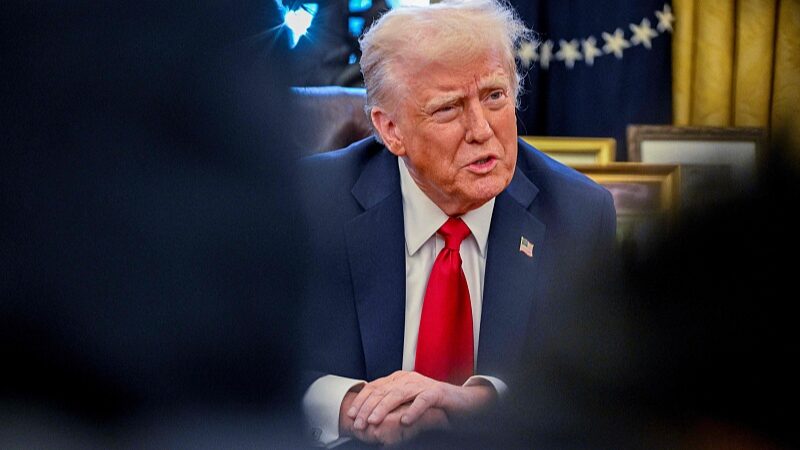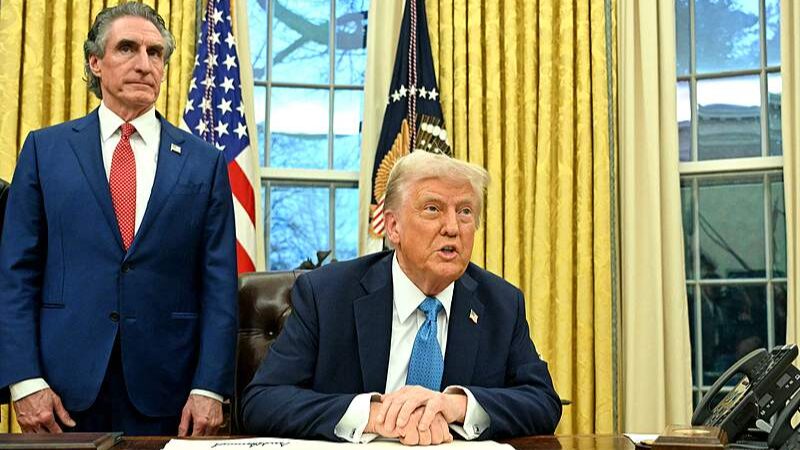The United States has once again turned to tariffs as a tool in its international trade strategy, imposing new levies on Canada, Mexico, and the Chinese mainland. While Washington argues that these measures aim to reduce its trade deficit and bolster fiscal revenue, the broader implications hint at escalating tensions that could disrupt the global economy.
By targeting its North American neighbors and major trading partners in Asia, the US seeks to gain leverage in negotiations. Tariffs, in this context, serve as a bargaining chip intended to pressure counterparts into favorable agreements. However, the ripple effects extend far beyond bilateral relations.
The imposition of tariffs ignites uncertainty in international markets. Supply chains that have been meticulously developed over decades face potential upheaval. Businesses around the world, from manufacturers in Asia to consumers in America, may bear the brunt of increased costs and supply disruptions.
\"It's akin to setting off a time bomb in the intricate web of global trade,\" commented an international trade analyst. \"In the short term, one country may see gains, but in the long run, everyone stands to lose.\"
For Asia, a region deeply integrated into global supply chains, the impact could be significant. Economies reliant on exports might experience reduced demand, while investors could become wary amidst the uncertainty. The potential slowdown in trade poses risks not just for the targeted nations but for the entire global economy.
History has shown that trade wars yield no true victors. As tensions escalate, there is a growing call among international leaders and economists for dialogue and cooperation. The complexities of modern trade require collaborative solutions, not unilateral actions that may lead to retaliation and further economic strife.
In an interconnected world, the decisions of one nation can have far-reaching consequences. The latest tariffs imposed by the United States serve as a reminder of the delicate balance in global trade and the importance of maintaining open channels for negotiation and mutual benefit.
Reference(s):
cgtn.com








